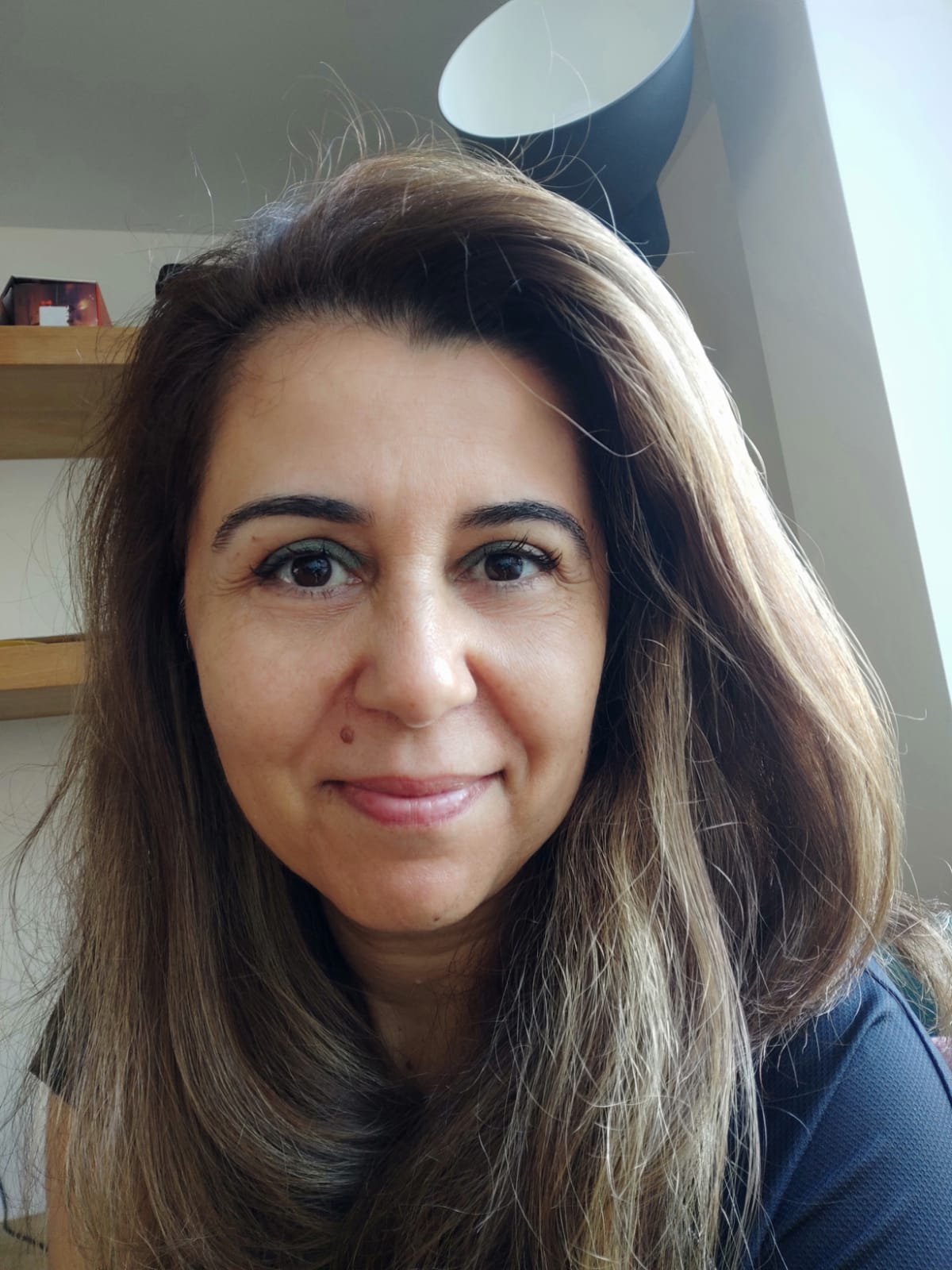Special Issue - MSCA Promotes Equal Opportunities for Researchers
Newsletter
Equity, equality, inclusivity, and diversity are European values central to the policies of the European Commission. The Marie Skłodowska-Curie Actions (MSCA) place high importance on promoting these values and contribute to the creating a system where all participating researchers have equal opportunities for career progression.
The MSCA
The Marie Skłodowska-Curie Actions (MSCA) have been the European Union (EU)’s reference program for doctoral education and postdoctoral training since 1996. Between 2014 and 2020, within the framework of Horizon 2020 (H2020), the MSCA supported 65,000 researchers involving doctoral candidates and more experienced researchers in Europe and beyond. End-of-fellowship and follow-up questionnaires indicate that over 90% of all former fellows believe that the MSCA fellowship had a very positive impact on their professional development under H2020 (European Commission (EC), 2023a).
The MSCA has significantly supported the growing number of women in research and innovation, contributing to achieving full and equal access to women in science. Under H2020, women comprised 44% of fellows within MSCA (IF, ITN, COFUND actions), a notable increase from 37% in Framework Programme 7 (FP7). Additionally, the mobility and training of experienced female researchers within MSCA are higher compared to other programs, with women representing 42% of MSCA fellows versus 39% in similar programs.
Bionote:
Senem Sanal-Erginel is a policy officer at the Marie Skłodowska-Curie Actions (MSCA) within the Directorate-General for Education and Culture in the European Commission in Brussels, Belgium. As a part of her professional duties, she is responsible for coordinating relations with the Marie Curie Alumni Association (MCAA), and supervising in MSCA. Prior to her current position at the MSCA unit, she worked on school policy and engagement. Senem has an academic background, holding a PhD in Educational Sciences. She is a mother of two children, aged 14 and 10, and describes herself as passionate about being a mother, academic, and engaging with research policy at the European Union level. She strongly values inclusion and equal opportunities for all.

MSCA under Horizon Europe
Under Horizon Europe, the current framework program for research and innovation covering the period between 2021 and 2027, MSCA introduced new measures to promote a gender-equal culture within research and innovation organizations. From 2022, organizations established in EU Member States and associated countries must have a Gender Equality Plan (GEP) to apply to calls for proposals (EC, 2021a). Besides mandatory requirements, GEPs contain recommended actions on work-life balance, gender balance in leadership and decision-making, gender equality in recruitment and career progression, integrating gender dimension into research and teaching content, and addressing gender-based violence, including sexual harassment.

More gender friendly and inclusive MSCA
Promoting fellows’ research careers is a primary goal of the MSCA. Analysis of the end-of-fellowship and follow-up questionnaires indicates that the MSCA has indeed contributed to advancing ITN/IF/COFUND researchers’ careers, enhancing their employability and professional prospects (EC, 2021b).
The MSCA under Horizon Europe adopted a more gender-friendly and inclusive approach, emphasizing gender mainstreaming at all levels and work-life balance provisions to encourage greater participation by women. Notably, family allowances are now accessible to all fellows with families, regardless of their eligibility at the beginning of their project. Other measures include long-term leave allowances covering maternity, paternity, parental, sick, or special leave, as well as part-time work for family and personal reasons. In addition, as part of its efforts towards accessibility and inclusiveness, MSCA offers financial support for additional costs incurred by researchers/staff members with disabilities through a special needs allowance (EC, 2023b). The MSCA is committed to addressing the gender pay gap and supporting equal opportunities by ensuring equal pay for all fellows.
As part of the efforts to achieve gender balance, the MSCA incorporates a gender dimension as a critical criterion in its evaluation process, enhancing the quality and societal relevance of research and innovation.
To promote equal opportunities and career advancements, the MSCA Guidelines on Supervision (EC, 2021c) advocates for the effective supervision of researchers during their fellowship. These guidelines place a strong emphasis on promoting a healthy work-life balance and personal well-being in the workplace. Consistent with the European Charter for Researchers and the Code of Conduct for the recruitment of researchers (EC, 2005), the MSCA requires transparent recruitment processes and ensures high-quality employment and working conditions for all researchers.
Finally, and importantly, as part of the European Commission’s efforts to support women in research and innovation, the MSCA emphasizes promoting female role models, including outstanding MSCA supervisors, coordinators, and fellows, to inspire girls and women globally through signature events such as ‘European Research Nights’ (2023) and ‘Researchers at Schools’ (2022).
Senem Sanal-Erginel
Policy Officer
European Commission
senem.sanal-erginel@ec.europa.eu
References
European Commission. (2005). The European charter for researchers – The code of conduct for the recruitment of researchers. Publications Office.
European Commission. (2021a). Horizon Europe guidance on gender equality plans. Publications Office of the European Union. https://data.europa.eu/doi/10.2777/876509
European Commission. (2021b). End of fellowship evaluation questionnaire for MSCA fellows – Results. Publications Office. https://data.europa.eu/doi/10.2766/77618
European Commission. (2021c). Marie Skłodowska-Curie actions guidelines on supervision. Publications Office. https://data.europa.eu/doi/10.2766/508311
European Commission. (2023a). Results of MSCA end of fellowship evaluation questionnaires (H2020) – 2023 update. Publications Office of the European Union. https://data.europa.eu/doi/10.2766/88926
European Commission. (2023b). About Marie Skłodowska-Curie Actions. https://marie-sklodowska-curie-actions.ec.europa.eu/actions
Researchers at Schools. (2022). Researchers meet children to show the wonders of science. https://marie-sklodowska-curie-actions.ec.europa.eu/news
European Researchers’ Night. (2023). 2023 European Researchers’ Night. https://marie-sklodowska-curie-actions.ec.europa.eu/event